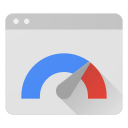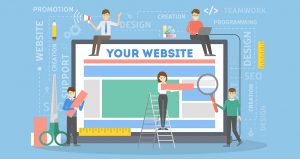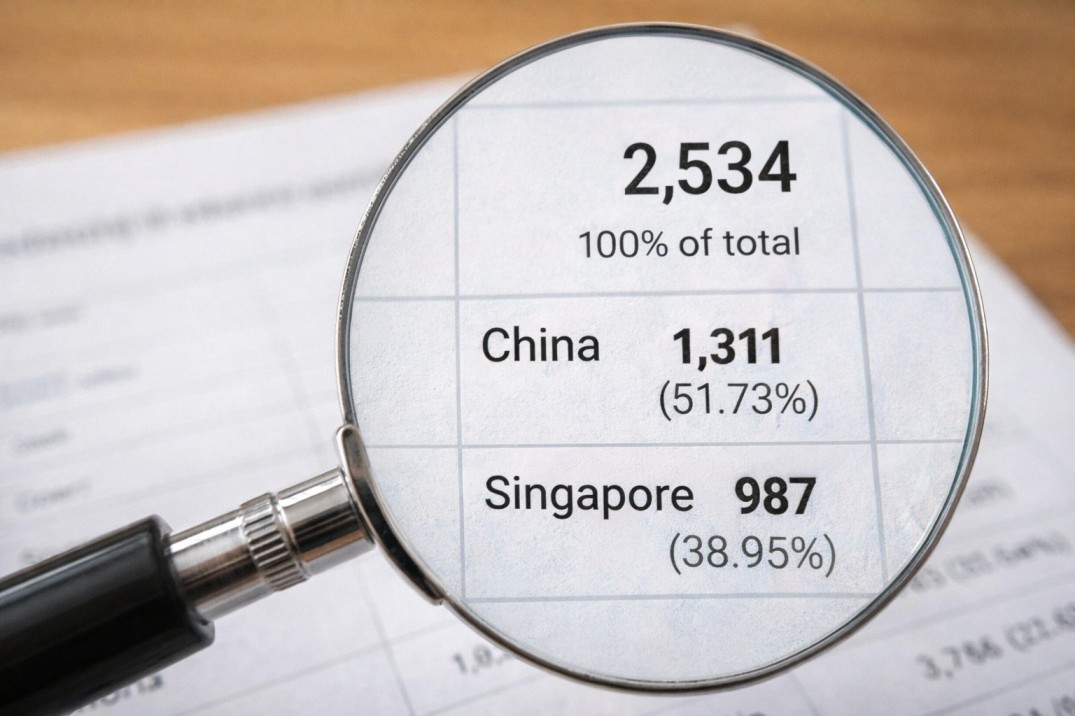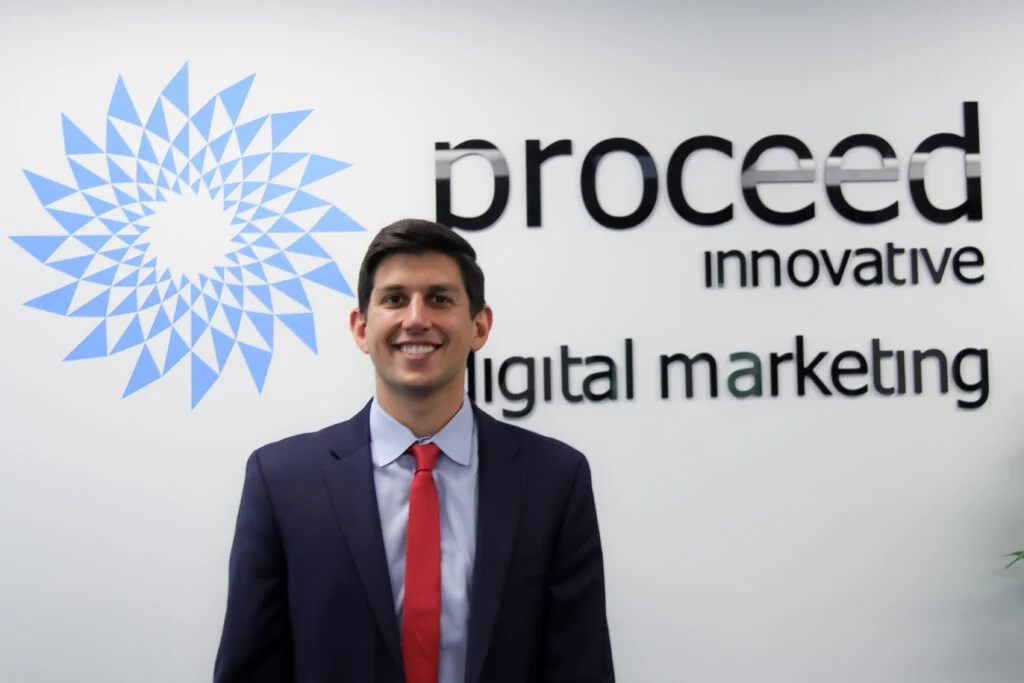When building and launching a website, user experience should be your top priority. This means that the website should be fully functional, easy to navigate, and have fast loading times. Website speed is one of the most important aspects of the user experience on your website as slow loading speeds will cause visitors to leave your website and go to one of your competitors.
People have the Internet at their fingertips and this accessibility means that you have a very short window to capture those who find your website. Good website speed is crucial to avoid losing visitors to your website within the first few seconds. If your website does not load fast enough, users will move on to the next search result. Fortunately, there are things you can do to improve slow website speeds.
In this guide, we will explain the importance of website speed as well as cover the top causes of slow loading speeds and what you can do to speed up your website. Some of these solutions will require at least some knowledge of web design to do them properly. If you have a limited knowledge of web design, you can work with a digital marketing agency that provides website design services such as Proceed Innovative to get your website up to speed.
The Importance of Website Speed
 Many industries experience a high level of competition on the internet. This makes it very important for your website to load quickly for visitors coming from search engine results pages (SERPs) or they are likely to bounce and go to the next website. This can result in you losing valuable leads directly to your competition.
Many industries experience a high level of competition on the internet. This makes it very important for your website to load quickly for visitors coming from search engine results pages (SERPs) or they are likely to bounce and go to the next website. This can result in you losing valuable leads directly to your competition.
You only have about 5 seconds to capture the attention of a visitor on your website. According to a study from Pingdom, average bounce rate drastically increases between 3-5 seconds if a website doesn’t fully load. The average bounce rate in the first two seconds is below 10 percent, but it jumps to 11 percent at 3 seconds, 24 percent at 4 seconds, and 38 percent at 5 seconds. Ideally, your website should load in 3 seconds or less to avoid a significant bounce rate.
Slow website speed will not only increase your bounce rate, but also lower your conversion rate. A survey done by Search Engine Journal found that around 70% of consumers say that page speed may affect their decision to purchase. This means that even if a consumer stays on your website despite slow loading speeds, they are much less likely to convert.
Another issue with slow loading speed is that it can affect your rankings. Google gives user experience (UX) a lot of weight when it comes to rankings and 3 of the top 4 UX signals are directly related to page speed: time on site, pages per session, and bounce rate. Poor performance with these UX signals will cause your website to slip down in the SERPs.
Improving Page Speed
 The easiest way to check the loading speed of your website is to use Google PageSpeed Insights. If your website is loading too slow, there are several possible factors that could be affecting your page speed. The following are the main things you should check and adjust to improve the loading time of your website.
The easiest way to check the loading speed of your website is to use Google PageSpeed Insights. If your website is loading too slow, there are several possible factors that could be affecting your page speed. The following are the main things you should check and adjust to improve the loading time of your website.
Web Hosting Service
The first thing you should do is look into your hosting service. Is your website hosted via shared, dedicated or cloud hosting? If your website is on shared hosting, you should consider switching to dedicated or cloud hosting. Shared hosting can slow your website down as it shares the same server with other websites while dedicated hosting is faster because your website will be on its own server.
File Sizes
Media like images, videos, and animations can enhance a website, but they can also slow down the loading speed if the files are too big. Media files should be compressed and properly sized and optimized so that they load quickly.
Plugins
You can add some interesting functions to your website using various plugins. However, too many plugins can slow the loading time of your website. If you are using plugins on your website, make sure the ones you use are well optimized and built for good page speed.
Style Requirements
 Websites are built with coding such as HTML which is used for the layout and structure and CSS and JavaScript which are used to style the website. If the style and coding are not optimized properly, they can slow down your website. Make sure you optimize the style and coding you use and try to stick to only one style.
Websites are built with coding such as HTML which is used for the layout and structure and CSS and JavaScript which are used to style the website. If the style and coding are not optimized properly, they can slow down your website. Make sure you optimize the style and coding you use and try to stick to only one style.
Caching
Caching prevents reloading the same web elements for returning visitors and helps to speed up loading of already visited pages. You can use caching plugins to make this happen.
Redirections
If you need to move or temporarily remove a page on your website, you can put in a redirect to make sure visitors get to the right place. However, you have to use redirects wisely. Do not create a redirect chain in which one redirect leads to another redirect and don’t form loops in which one redirect leads to a page that tries to redirect back to the original. Also remove redirects that are not right or no longer needed.
Web Design Solutions with Proceed Innovative
 Slow page speed affects the user experience and rankings of a website which will lead to higher bounce rates and less leads and conversions. If your website is not loading fast enough, check the elements of your website listed above and make the proper adjustments to help improve the page speed. If you need the help of a web design professional to adjust and maintain your website, call us at Proceed Innovative.
Slow page speed affects the user experience and rankings of a website which will lead to higher bounce rates and less leads and conversions. If your website is not loading fast enough, check the elements of your website listed above and make the proper adjustments to help improve the page speed. If you need the help of a web design professional to adjust and maintain your website, call us at Proceed Innovative.
We provide professional web design services in which we design and build optimized, search engine ready websites with the user experience in mind. Our professionals will ensure that your website is performing at its best with great page speed so that you won’t lose potential leads to your competitors.
You can call us at (800) 933-2402 for more about our website design services.






